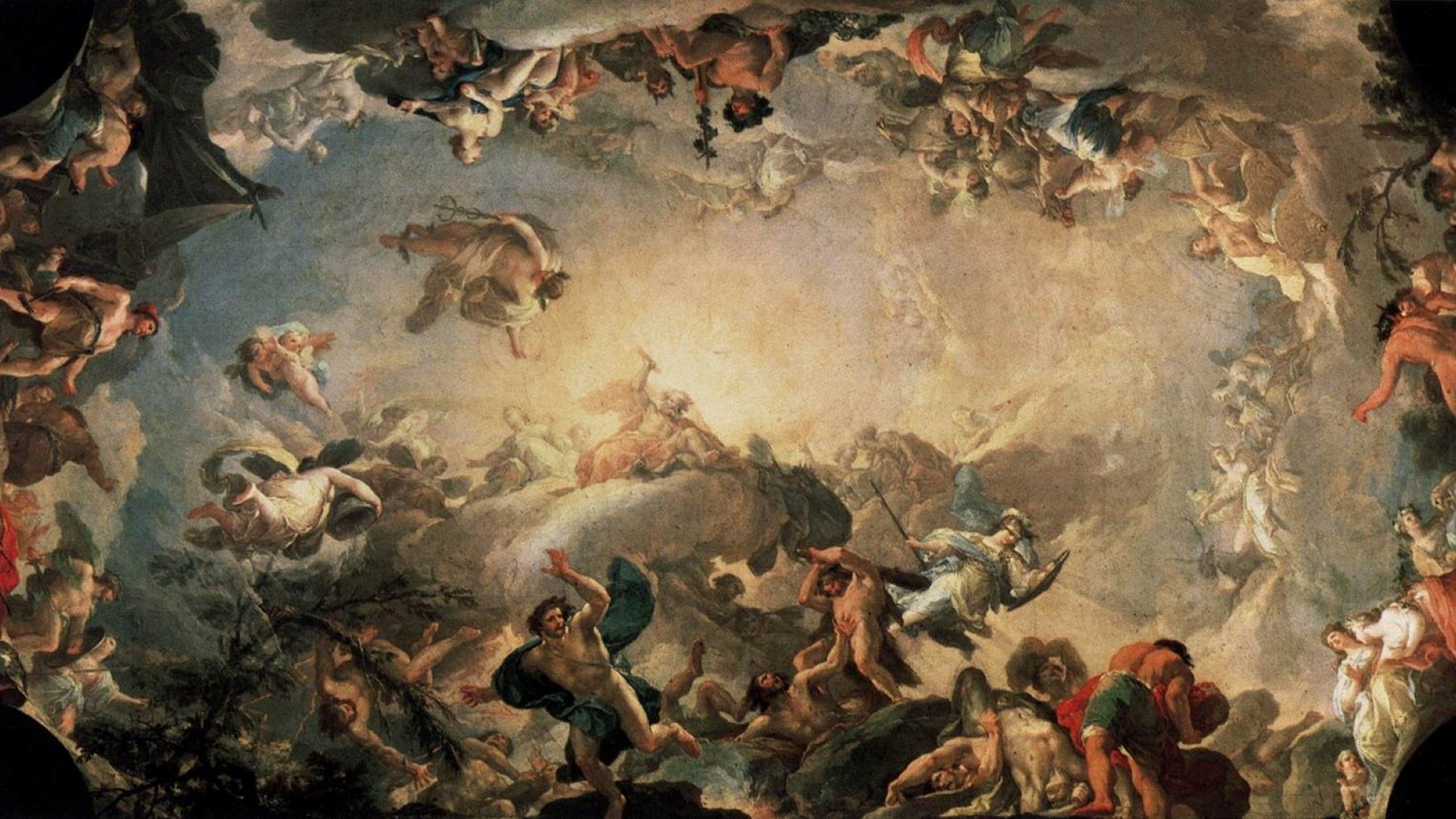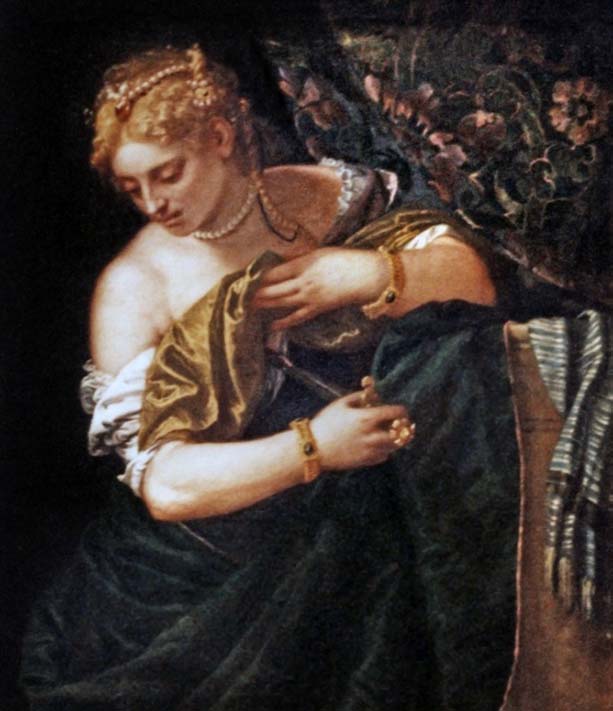
Stheneboea

In Greek mythology, Stheneboea (Ancient Greek: Σθενέβοια meaning: the "strong cow" or "strong through cattle") was the daughter of Iobates, king in Lycia.
She was the consort of Proetus, joint-king in the Argolid with Acrisius, having his seat at Tiryns. According to early sources, Stheneboea was the daughter of Aphidas and brother of Aleus; Stheneboea would have a sister named Philonoe..
Homer and other early writers gave the name of the consort of Proetus as Antea, Antaea, or Anteia.
During the rule of Iobates, Proetus son of King Abas came to Lycia, for Proetus had been exiled from his homeland of Argos by his twin brother, Acrisius. Iobates was so taken by Proetus that he gave his daughter Stheneboea in matrimony to Proetus, and also provided Proetus with a Lycian army in order that the kingdom of Argos would be his.
Proetus and his army could not conquer Acrisius though, and the war effectively ended in a draw, but an agreement was reached that the kingdom would now be divided. Thus, Acrisius would rule Argos, whilst Proetus would rule Tiryns. Stheneboea had thus become Queen of Tiryns.
Stheneboea would bring forth four children for Proetus; a son, called Megapenthes, a future king of Argos, and three daughters, Iphianassa, Iphinoe and Lysippe. The daughters of Stheneboea and Proetus are famed for being overcome by madness, either due to interfering of Hera or Dionysus.
It was during the rule of Proetus that the Corinthian Bellerophon came to Tiryns; Proetus would absolve Bellerophon of his crime of fratricide. Whilst a guest in Proetus’ court, Bellerophon came to the attention of Stheneboea, with the Queen of Tiryns attempting to seduce the handsome Corinthian.
Bellerophon would reject the advances of Stheneboea, and in retribution, Stheneboea would lie to her husband, informing him of Bellerophon’s attempt to rape her. Proetus, fearful of the wrath of the Erinyes if he killed a guest in his house, dispatched Bellerophon to the court of Stheneboea’ father, Iobates, in Lycia.
The lies of Stheneboea were not unique to this tale, and similar tales were often told, with another famous example being the lies of Astydamia, wife of King Acastus, when Peleus was in Acastus’ court.
Bellerophon ended up prospering in Lycia, overcoming all the dangers that Iobates put in his path, and eventually Iobates married off Stheneboea’s sister, Philonoe, to Bellerophon.
The news of this marriage resulted in Stheneboea committing suicide, fearing that her previous lies about Bellerophon would now be exposed.
Some say that Bellerophon took her for a ride on Pegasus and threw her to the ground but others maintain that this was unworthy of a hero so Bellerophon would not have done such a deed.
Others assert that Bellerophon married Stheneboea's sister and consequently it was inevitable that the allegations would be exposed as false so this resulted in Stheneboea's suicide since she feared exposure and public denouncement.
Stheneboea, "cattle queen"
Stheneboea is one of a number of female figures named for their role as "cattle queens"; they include Phereboia ("bringing in cattle"), and Polyboia ("worth much cattle").
In archaic Greece cattle were a source of wealth and a demonstration of social pre-eminence; they also signified the numinous presence of Hera. Cattle-queens, betokening the command of a large bride-price, are as familiar in Gaelic mythology as they are in Greek myth.

Sources
Euripides' tragedies Stheneboia and Bellerophon are both lost (only fragments remain).
Hesiod, Catalogue of women
Pseudo-Apollodorus, Bibliotheke ii.4.1.
Diodorus Siculus, iv.68.
Heroic Patterns, Heroes of Greek Mythology 13.
Homer, Iliad vi. 160
Graves, The Greek Myths (1955; 1960) sub 70.2 "Athamas".
Emmy Patsi-Garin: Επίτομο λεξικό Ελληνικής Μυθολογίας, εκδ. οίκος «Χάρη Πάτση», Αθήνα 1969
Iliad xxiii.700-05; see also the Greek region of Euboia ("rich in cattle").
Our Mobile Application
Check out Our Mobile Application "Ancient Greece Reloaded"


